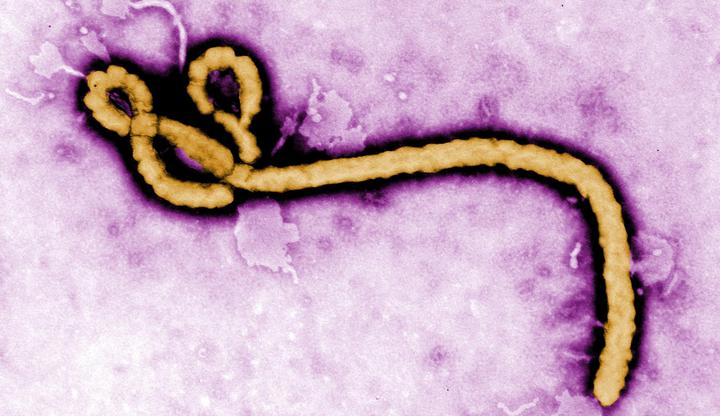Ebola paper co-authored by Dr Dan Martin features in The Lancet
CASE Medicine's Director, Dr Dan Martin has recently co-authored a paper entitled Post-exposure prophylaxis against Ebola virus disease with experimental antiviral agents: a case-series of health-care workers which has featured on The Lancet.
The paper focuses on looking at new methods for risk assessments for the Ebola virus transmission after the event of accidental exposure. Included in this is the use of post-exposure prophylaxis (PEP). More health care workers working in West Africa during the Ebola outbreak are evacuated after potential accidental exposure to the virus then those evacuated for treatment of the disease.
Experimental vaccines are occasionally used for Ebola PEP, but with newly developed experimental antiviral agents have shown to have potential advantages. The paper looks at not only risk assessments but also the management of health care workers who may have been exposed to Ebola and report on the use of experimental antiviral therapies for Ebola PEP in people.
By devising both a risk assessment and management algorithm for health care workers who had potentially been exposed to Ebola, they applied this to eight consecutive individuals who had been medically evacuated back to the UK from West Africa between January and March 2015. Those assessed to have had substantial risk exposure to the virus were given PEP with antiviral agents. All eight health care workers were then followed up for 42 days after potential exposure.
The research was funded by and conducted at the Royal Free Hospital in London, and shows that out of the eight health care workers studied;
- Four were classified with having had a low risk exposure and their health was managed by watchful waiting in the community. None of these participants developed Ebola.
- The other four had either intermediate or maximum exposure to the virus. They were all given PEP with antiviral agents, which was well tolerated with no serious adverse effects. Out of the four health care workers two were considered maximum risk with exposure to Ebola coming from penetrating injuries with freshly used hollow-bore needles. None of the four treated developed Ebola.
To read the paper in full, please visit The Lancet website.
Share this :





